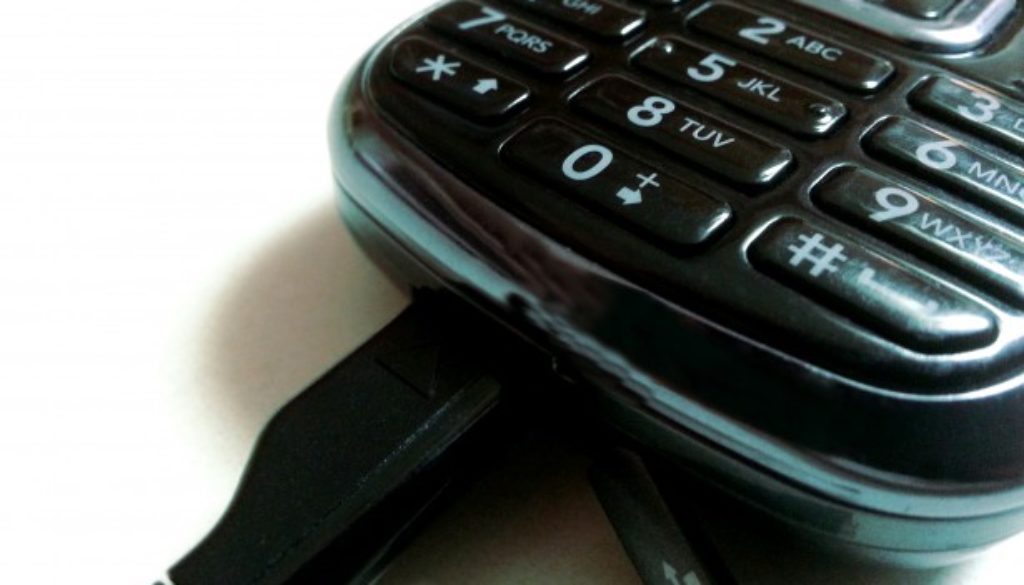As Phone Scams Rise, So Does the Need for Action
By Brian Young, National Consumers League
American consumers receive 200 million robocalls per day, and that number appears to be growing. As the number of illegal robocalls increases, so do the odds for a scammer to find a victim to cheat out of their savings. In 2019, Americans were 70 percent more likely to fall victim to a phone scam than they were in 2018. For the first time ever, phone scammers were able to steal more than $10 billion in a single year from their victims.
To build a false sense of trust, scammers often “spoof” the caller ID of a victim so it displays a name or number a victim is more likely to trust. Scammers typically spoof neighbors, loved ones, or government institutions like the Social Security office or the Internal Revenue Service (IRS) to add credibility to their scam and trick their victims into paying up.
Fortunately, under pressure from Congress and consumer groups like the National Consumers League (NCL), the Federal Communications Commission (FCC) is requiring major phone providers to implement SHAKEN/STIR, a caller ID authentication framework that works like a digital fingerprint, to identify and prevent caller ID spoofing.
With this technology, providers will be able to block robocalls that maliciously spoof legitimate phone numbers. As the FCC moves forward with implementing SHAKEN/STIR, the Commission asked NCL to co-chair a working group on its Consumer Advisory Committee to determine (among other things) what calls should never be blocked, even if they are spoofed.
As there are a few legitimate reasons to spoof a caller ID, the working group determined that the critical calls list should include government numbers only, and, potentially, a few carefully considered exceptions for genuine emergency calls. While some may advocate for noxious callers such as predatory debt collectors, many working group members realized that debt collectors that spoof consumers’ caller IDs do not deserve a guaranteed right to trick debtors into answering the phone.
As providers work to implement this new technology, the Consumer Advisory Committee emphasized that itshould be offered to consumers at no cost.
While the Consumer Advisory Committee’s work is certainly a victory for consumers (as it signals rare common ground between members of industry and the public interest community), more work needs to be done to protect consumers from illegal and unwanted robocalls. Fortunately, Congress has pending legislation; the “TRACED Act” (S. 151) and the “Stopping Bad Robocalls Act” (H.R. 3375), both of which passed in their perspective chambers.
As the House and Senate negotiate the two bills and work to identify a solution, NCL will continue fighting to make sure that the final bill adequately protects consumers from the scourge of unwanted robocalls.

